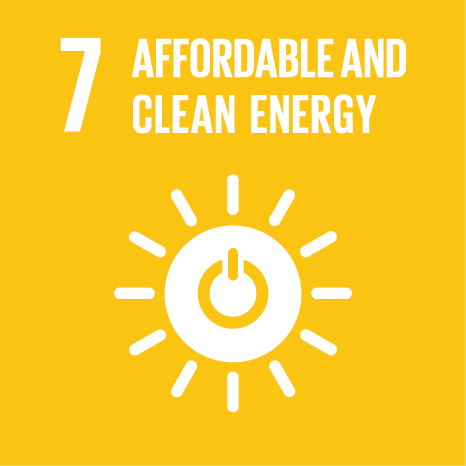Ciência_Iscte
Publications
Publication Detailed Description
My neighbourhood, my country or my planet? The influence of multiple place attachments and climate change concern on social acceptance of energy infrastructure
Journal Title
Global Environmental Change
Year (definitive publication)
2017
Language
English
Country
Netherlands
More Information
Web of Science®
Scopus
Google Scholar
Abstract
Research on place attachments and identities has made an important contribution to understanding social acceptance of low carbon infrastructure, which are often objected to by local communities. However, a focus on local attachments predominates in studies to date, neglecting the potential role of national and global attachments and identities on energy beliefs and attitudes, despite the fact that large energy infrastructures are not only local in significance or function. To investigate this, survey data was collected from a representative sample of UK adults (N = 1519), capturing place attachments at local, national and global levels, climate change concern, beliefs about power lines and support for energy system change. Findings show significant differences in infrastructure beliefs and attitudes depending upon relative strength of attachments at different levels, controlling for personal characteristics. Analyses of variance revealed that individuals with stronger national than local or global attachments were less likely to support European grid integration; those with relatively stronger global attachment were most likely to support decentralised energy and those with relatively stronger local attachment were most likely to protest against a nearby power line. In addition, those with strong attachments at local, national and global levels were most willing to reduce energy demand, and those with weak attachments were least likely to trust grid companies. Relatively stronger global than national attachment was positively associated with support for decentralised energy, with this effect partially mediated by climate change concern. Explanations for the findings and implications for future research are discussed.
Acknowledgements
--
Keywords
Place attachment,Climate change,Energy infrastructure,Social acceptance
Fields of Science and Technology Classification
- Earth and related Environmental Sciences - Natural Sciences
- Social and Economic Geography - Social Sciences
Funding Records
| Funding Reference | Funding Entity |
|---|---|
| SFRH/BPD/96061/2013 | Fundação para a Ciência e a Tecnologia |
| UID/PSI/03125/2013 | Fundação para a Ciência e a Tecnologia |
Contributions to the Sustainable Development Goals of the United Nations
With the objective to increase the research activity directed towards the achievement of the United Nations 2030 Sustainable Development Goals, the possibility of associating scientific publications with the Sustainable Development Goals is now available in Ciência_Iscte. These are the Sustainable Development Goals identified by the author(s) for this publication. For more detailed information on the Sustainable Development Goals, click here.

 Português
Português



